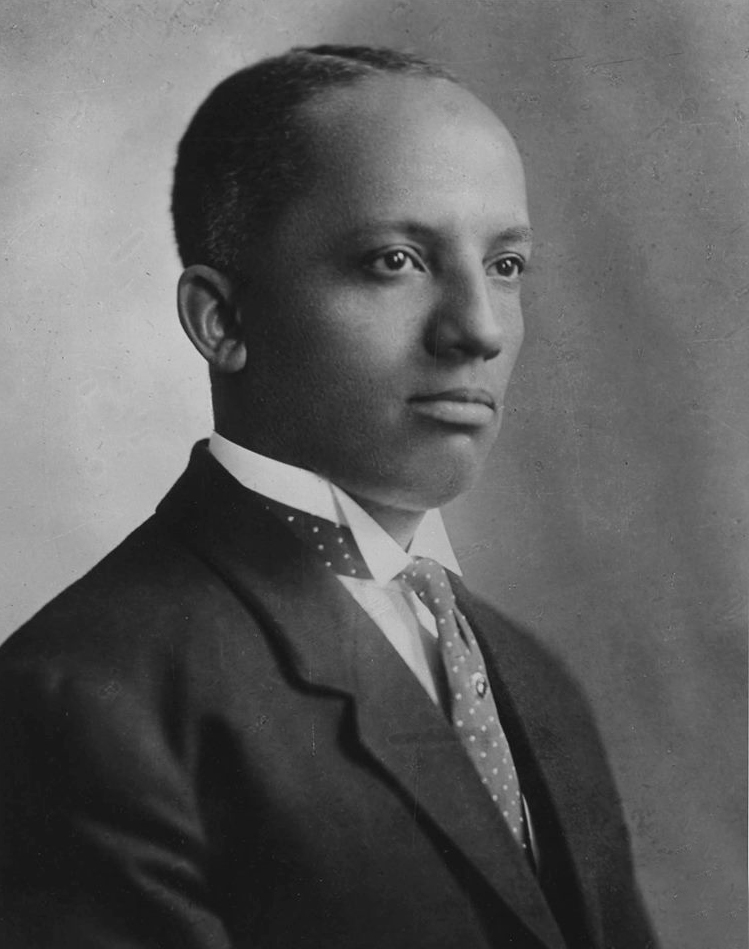
February 2024 Monthly Letter
Dear Reconcilers,
In this letter contributing writer Mike Feazell reminds us of the importance of African-American History Month.
Carter G. Woodson (1875-1950) has been called the father of Black history. A 1912 graduate of Harvard University, Woodson helped found The Journal of Negro History in 1916 and Negro History Week in February, 1926, an annual celebration which evolved into Black History Month, (now African-American History Month) in 1976.
In expressing the need for learning about and remembering important people and events of African-American history, Woodson wrote, “Those who have no record of what their forebears have accomplished lose the inspiration which comes from the teaching of biography and history.”
He was specifically writing about the importance and value for African-Americans to know and learn about the great names, accomplishments and triumphs of their own history. Yet surely Woodson’s sage words ultimately apply to all people everywhere. We as individuals, families, communities and nations can all be enriched by the vital lessons our collective forebears can teach us about how to navigate the challenges of life, especially in turbulent times such as we face today.
Throughout history, when people become fearful and frustrated about basic needs — especially safety, jobs, food and housing — they become easy prey for the promises of a strong voice, someone who claims to be able to solve the problems and end the worries. Such “strong men” attract followers by pointing the finger at the supposed causes of the problems, nearly always “outsiders” who are “taking your jobs,” “endangering your lives and your children’s lives,” who are “not like us,” and who “don’t belong here.”
Once voted in, these “saviors” demand “temporary” emergency powers, and suddenly, the hook is set. The “emergencies” never go away. Political opponents and “trouble-makers” are silenced, dissent is not tolerated, and “undesirables” in the population are removed.
As the steady drumbeat of such threats grows louder, it is essential, as Carter G. Woodson reminds us, to know and remember the noble thoughts and virtuous ideas of our forebears. Let’s consider just a few in this short letter.
Thaddeus Stevens (1792-1868), Lawyer, U.S. Congressman: “Our object should be not only to end this terrible war now, but to prevent its recurrence. All must admit that slavery is the cause of it.”
Abraham Lincoln (1809-1865), Lawyer, Statesman, U.S. President: “Those who deny freedom to others, deserve it not for themselves.”
Frederick Douglass (1817-1895) Statesman, Social Reformer: “Where justice is denied, where poverty is enforced, where ignorance prevails, and where any one class is made to feel that society is an organized conspiracy to oppress, rob and degrade them, neither persons nor property will be safe.”
Bertrand Russell (1872-1970) Philosopher: “The best practical advice I can give to the present generation is to practice the virtue which the Christians call love.”
Thurgood Marshall (1908-1993) Lawyer, Judge, Supreme Court Justice: “The measure of a country’s greatness is its ability to retain compassion in time of crisis.”
Robert F. Kennedy (1925-1968) Lawyer, U.S. Senator: “What is objectionable, what is dangerous, about extremists is not that they are extreme, but that they are intolerant. The evil is not what they say about their cause, but what they say about their opponents.”
Martin Luther King, Jr. (1929-1968) Baptist Minister, Civil Rights Leader: “Everybody can be great…because anybody can serve. You don’t have to have a college degree to serve. You don’t have to make your subject and verb agree to serve. You only need a heart full of grace. A soul generated by love.”
May we continue always to walk and grow together in the path of reconciliation.
—Mike Feazell
